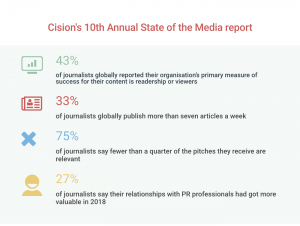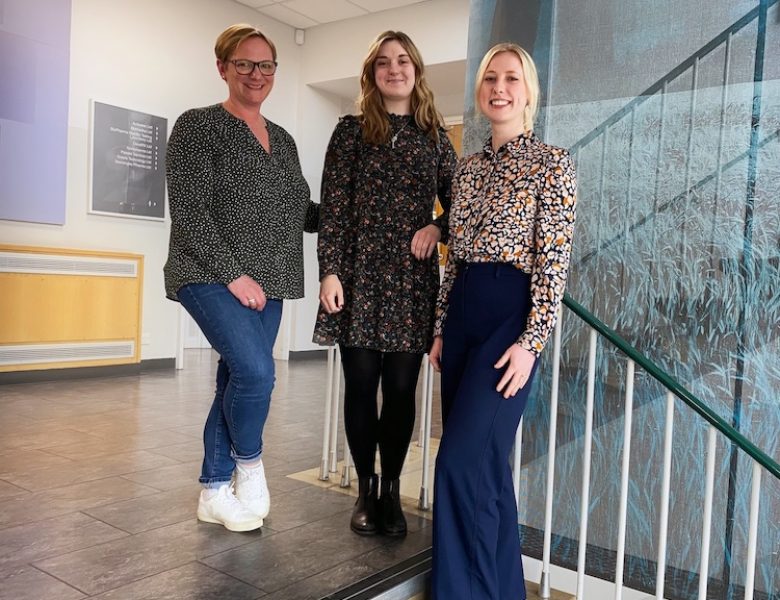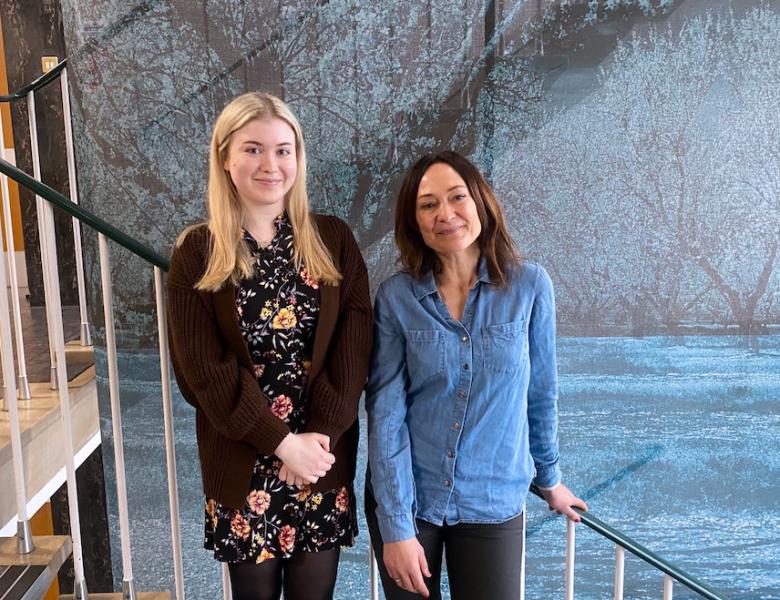The V Formation PR team shares tips for navigating the media landscape, and how to nurture and develop good and long-lasting relationships with influential journalists.
Building good media relationships – key advice points:
- Ensure your pitches are relevant and targeted at a particular journalist’s topics, interests and location
- Identify a newsworthy hook or angle for each audience
- Avoid industry jargon in non-specialist media
- Provide good quality imagery, videos and infographics
- Provide contact details of spokespeople and offer up interview opportunities
- Offer exclusivity to a key media outlet
- Provide original market research and statistics
The media industry is constantly evolving, influenced by technology such as AI and the likes of video, social and digital media rapidly overtaking traditional media formats. Recent research confirms the pressure this shift places on already time- and resource-stretched journalists, and the role of PR professionals as valuable partners who deliver content that matches a journalist’s needs.
V Formation’s PR team maintains a keen eye on the evolving face of on and offline media. We understand the importance of building strong and supportive relationships with journalists, and creating compelling stories that both resonate with audiences and support clients to achieve their aims. Here we share our latest look at the current media landscape.
Challenges faced by journalists
 Shifts in the media industry mean journalists face a host of challenges every day. They are required to consider the potential for engagement with every piece of online content they publish, particularly on social media.
Shifts in the media industry mean journalists face a host of challenges every day. They are required to consider the potential for engagement with every piece of online content they publish, particularly on social media.
According to Cision’s 10th Annual State of the Media report, 43% of journalists say that their organisation’s primary measure of success for their content is readership or views, indicating that there is great pressure to ensure that content resonates with audiences.
Not only this, but the rise in fake news adds to the pressure on the media to become accountable and provide credible sources to support their stories.
The relentless nature of today’s news cycle and social media channels has resulted in journalists having much shorter lead times on the stories they write. This makes their relationships with PRs more important than ever.
In the research, 27% of journalists said their relationships with PR professionals has grown in value in 2019, partly due to their fewer resources and reduced staff, and the frequent need to publish more than seven articles a week.
Journalists have long been working with PRs to source the latest, most relevant stories about key businesses, but having to make data-driven decisions around content means they are increasingly looking for more targeted, succinct pitches that have their reader and audience firmly in mind.
The business of storytelling
Journalists have hundreds of emails waiting in their inbox each morning and so PR outreach needs to be relevant and targeted to stand-out and make an impression.
Researching the topics a journalist covers and finding out exactly who their readers are before pitching a story, both adds relevance from the off, but also shows understanding of the time and resource challenges facing journalists.
Most good PR pros do this automatically as a key element of the nurturing and developing good and long-lasting relationships with influential journalists, but 75% of journalists taking part in the Cision survey say less than a quarter of pitches they receive are relevant or useful.
The art of tailoring
 PR professionals must work in partnership with the press to create tailored, compelling stories which are much more likely to receive engagement as earned media content. It goes without saying that journalists must be able to trust that the content provided is accurate, reliable and trustworthy.
PR professionals must work in partnership with the press to create tailored, compelling stories which are much more likely to receive engagement as earned media content. It goes without saying that journalists must be able to trust that the content provided is accurate, reliable and trustworthy.
Crafting a pitch and press release involves customisation so they are tailored to specific audiences, for example, based on geographic location, audience interests and industry or sector specialisms, rather than pitched and issued as a mass-audience press release.
This means identifying a clear, concise and newsworthy hook or angle that will appeal to each audience, and avoiding industry jargon in non-specialist media.
Supporting journalists
To support journalists and in turn increase the likelihood of securing earned media coverage, it is necessary to work hard to provide them with all the resources they need to craft a strong story.
Being responsive, informative and helpful goes a long way, and the V Formation team has a strong track record in managing and nurturing relationships with our clients’ target media locally, regionally, and nationally.
To create stories and news that will generate powerful publicity and profile for businesses, good quality imagery, videos and infographics should be supplied to journalists to go alongside written content and boost visual engagement.
It is also key to provide all relevant contact details of individuals and spokespeople who will be able to confidently speak to the media about the story and the business as a whole, particularly on the day it has been issued, and offer up opportunities for interviews with these key spokespeople where appropriate.
Content can also be made more compelling through offering exclusivity to a key media outlet, allowing for the publication of fresh content that won’t be available elsewhere, and turning this around quickly where needed. Original market research and statistics also provides a fresh angle for journalists, as well as giving clients a strong platform for raising profile and business development.

The V Formation PR team are experts in journalist engagement, media introductions and management, and truly understand what journalists want (and need!). To discuss how V Formation’s PR experts can raise your company’s profile and make sure your voice is being heard by the right people, please call us on 0115 667 0131 or contact us here.
If you found this article useful, you may want to read our latest blog on how to measure the impact of digital PR.



